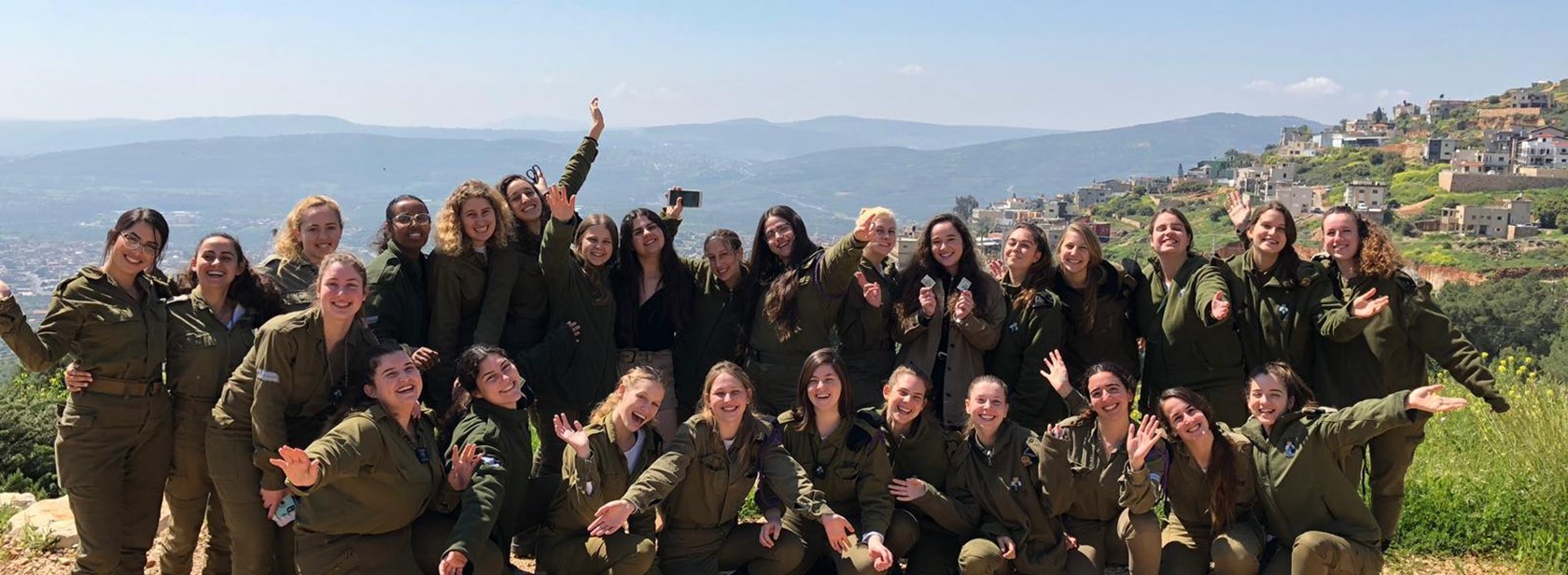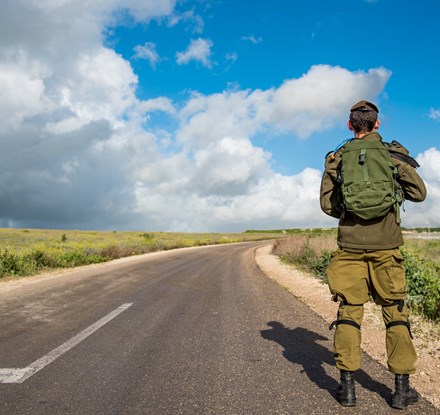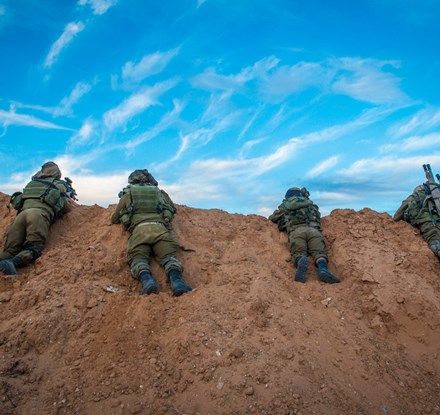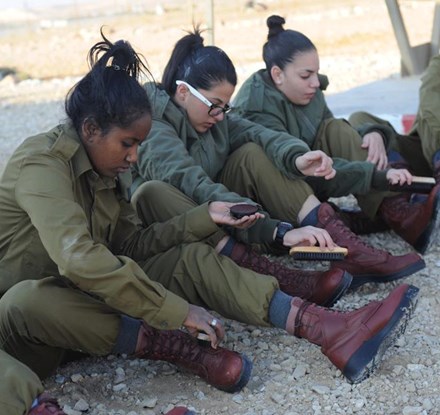Overseas Recruit Department service center via Whatsapp: 052-945-8579 Are you a lone soldier? Do you have benefits as a lone soldier? What are your rights? Don't worry, we've got you covered! We sat down with a Mashakit Tash to explain to you what your rights are! Here is everything you need to know>
תפריט נגישות
תפריט נגישות
Lone Soldiers Rights and Benefits
From the Mashakit Tash to you
We have met with Hila, a 20 years old soldier. Hila is a Mashakit Tash - NCO of Service Conditions, who has been serving for a year and a half as a corporal at the Michve Alon base; “I guess you can describe my role as a social worker because I’m in charge of a group of soldiers, and need to explain and assist with all their rights and find solutions in different areas such as economic distress, family issues, assist unique populations for instance lone soldiers, new immigrants and more”.
Who is a lone soldier?
The types of lone soldiers in the IDF:
- A soldier whose parents were in Israel and moved abroad- Either their parents have a permanent residence overseas and he\she lives in Israel without them, or the parents are on a mission overseas that lasts more than 6 months.
- A soldier whose parents don’t support them financially or mentally- Ether the soldier is estranged from their parents, or the soldier is not estranged from his\she parents but doesn't live with them and is not financially supported by them.
- A soldier who immigrated to Israel alone and his/her parents remained abroad.
- Orphaned of both parents.
What are the rights and benefits of a lone soldier?
Housing Benefits
If you are a lone soldier there are 5 options of living that the army provides you with:
- Residing in Kibbutzim (Collective Settlements) - You can request to be in a kibbutz settlement. “There are dozens of settlements across Israel, up north or down south, it's all through the Mashakit Tash”, says Hila. When lone soldiers get to the First Call-Up (“Tzav Rishon”) that's when a Mashakit Tash finds them a place to stay, and they can change options throughout the year. Hila ads: “She is financially and personally responsible for making sure you have food and everything you need”.
- Money for rent - This is what you should apply for if you are renting an apartment. For your request to be approved, you need to present the original lease agreement. If your request for rent funding is approved and you are entitled to it, the army will provide up to 1,300 shekels for rent every month, from your very first day as an IDF soldier. Depending on the amount of rent you pay.
- “Alach” apartments - Lone soldiers have the option of living in apartments rented by the IDF with the assistance of the Association for the Wellbeing of the Soldier (“Alach”). Hila explains:“When you arrive at the base a Mashakit Tash explains to you all your options. We learn in the cores what you need for each request“.
- Housing maintenance expenses - Lone soldiers are entitled to receive from the IDF participation in rent and maintenance expenses such as taxes, water bills, electricity, gas, house committee etc. if you are found eligible on account of your situation.
- Residing in one of the Beit HaHayal (Homes for soldiers) - It is similar to a dorm and is located in various cities: Kiryat Shmona,Tveria, Jerusalem, Haifa, Tel Aviv, Ramat Gan and Beer Sheva. They provide laundry services and supply food. “Up north or down south, it's all thru the Mashakit Tash“.
Financial benefits
- A special 30 days vacation a year for the lone soldier to go visit his\her parents overseas.
- A special vacation of 8 days for visiting your parents when they come to Israel.
- Lone soldiers also receive extra 400 \ 450 shekels depending on the military role they are doing.
- A lone soldier that made aliyah in the past 5 years can go and receive money from the Ministry of Aliyah and Integration and the Ministry of Construction and Housing.
- Lone soldiers receive every month in their army ID card 150 “shkolles”, which can be utilized as money at the following stores:
Shufersal market | In the “Kaveret” store located at the base | Yesh Chesed | “Coop shop Israel” - (קואופ)
Lone soldiers are entitled to a Special Arrangements Day
- Once a month - during basic training or advanced training
- Once every two months - during the regular position
How can lone soldiers interact with the Hebrew language?
Lone soldiers, new immigrants or other populations that have a low level of Hebrew will be acquainted during the First Call-Up with a Psycho technical Diagnostician and he\she will determine your level of hebrew score. Hila explains: “Certain military roles need a certain score in the personal level of Hebrew test”. Therefore, if you got a low score on the hebrew test you will be sent to Michve Alon and go throw a Hebrew course including basic training. In every base there is a military rule called Mashakit Ivrit (Hebrew NCO) who is in charge of helping you with the Hebrew if needed.
Good luck!

-
{{item.value}}
{{item.count}}
{{counter}} אנשים סימנו כי המידע עזר להם










